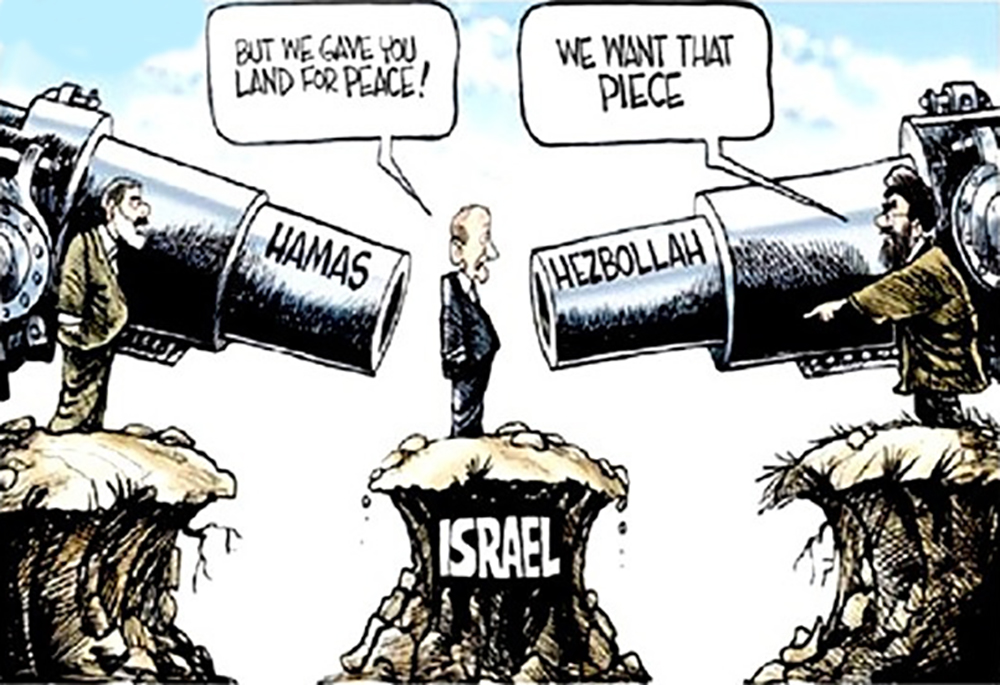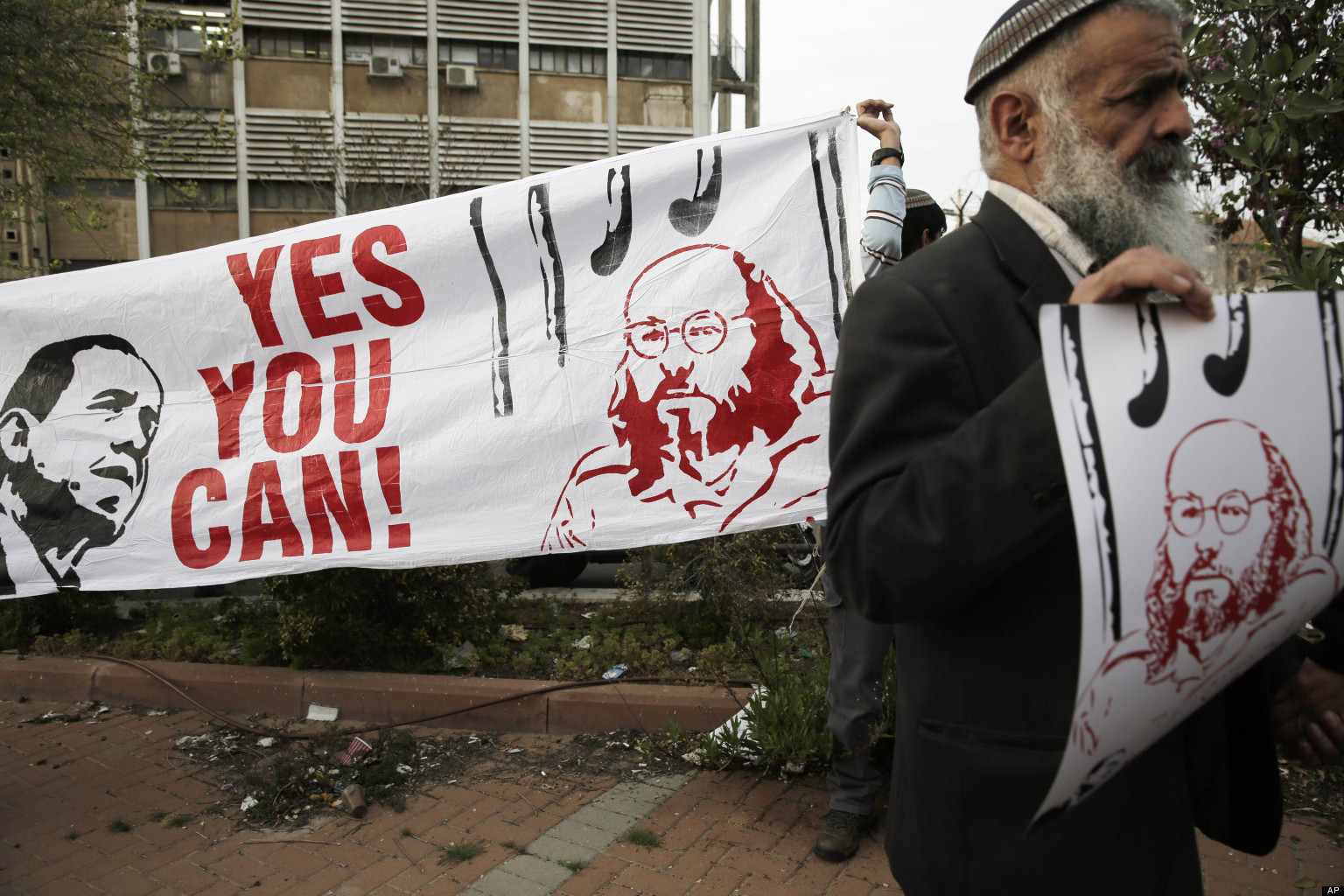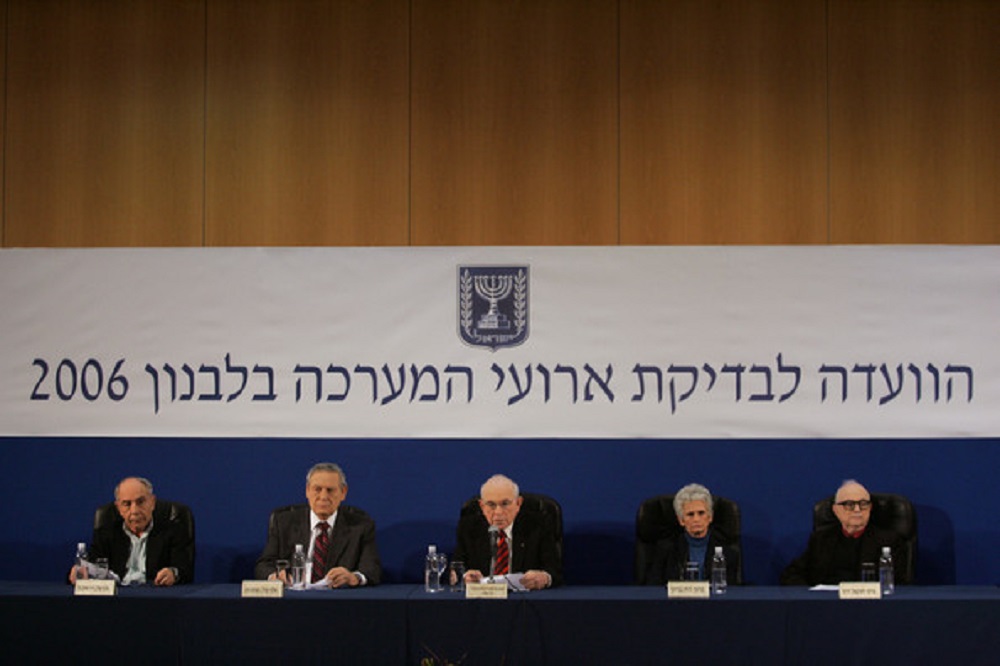Speaking Truth to Power – The Ya’alon Controversy
Former Defense Secretary Robert M. Gates and current Israeli Defense Minister Moshe Ya’alon have much in common in terms of understanding that the cost of telling the truth is often very high. In his memoir, Duty, Gates recounts the resistance of President Obama to winning wars, especially in Afghanistan. He wrote: “The President doesn’t trust his commander . . . doesn’t believe in his own strategy, and doesn’t consider the war to be his. For him, it’s all about getting out.” In Washington, this kind of honesty is no way to win friends and influence people.
Israeli Defense Minister Moshe (Bogie) Ya’alon, one of the most trusted leaders in Israel, now finds himself in a similar position. At a recent University of Tel Aviv lecture he stated (with reference to U.S. foreign policy in the Middle East and Asia): “If you sit and wait at home, the terrorism will come again. Even if you hunker down, it will come. This is a war of civilizations. If your image is feebleness, it doesn’t pay in the world. Nobody will replace the United States as global policeman. I hope the United States comes to its senses.” In response, the United States used unprecedented language to condemn Ya’alon for his comments and demanded an apology.
This wasn’t the first time Ya’alon has been critical of U.S. foreign policy in the Middle East. Back in January, he said that U.S. Secretary of State John Kerry was “acting out of misplaced obsession and messianic fervor” during the latest round of talks between Israel and the Palestinians. “No agreement with the Palestinians will be reached in our lifetime,” he said, and he was quoted in Yedioth Ahronoth as dismissing the American security plan as “not worth the paper it’s written on. It contains no peace and no security.” In reality, he said, there are no negotiations taking place with the Palestinians because Abbas refuses to recognize Israel as the Jewish nation state, refuses to give up on the right of return, and refuses to sign an agreement which will bring all claims to an end. Jackson Diehl of the Washington Post agreed noting: “Sadly for Kerry and U.S. interests, the verdict is in – delusional……..Kerry, thanks to a profound misreading of the facts on the ground, was enabling the bad guys.” Diehl writes that the alternative to Kerry’s approach is quite simply to treat the Middle East as it truly is.
That is, rather than learning from history or understanding how religion impacts decision making in the region, the U.S. sees every issue through the lens of secular nationalism that can be swayed by throwing money at the problem. In this case, Kerry offered $4 billion of aid to the PA to reach a deal with Israel …… but it didn’t work. A policy based on “Imagine what would happen if” ……… is no substitute for dealing with the realities of the Middle East.




